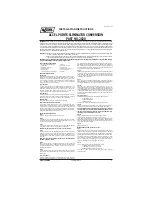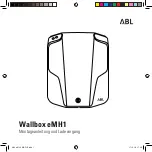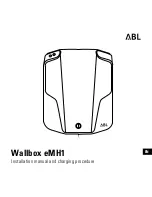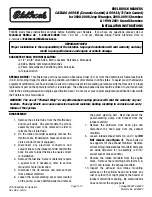
USING SNOW CHAINS
WARNING:
Snow tires must be the same size, load index, speed
rating as those originally provided by Ford. Use of any tire or
wheel not recommended by Ford can affect the safety and performance
of your vehicle, which could result in an increased risk of loss of vehicle
control, vehicle rollover, personal injury and death. Additionally, the use
of non-recommended tires and wheels could cause steering, suspension,
axle, transfer case or power transfer unit failure.
Note:
The suspension insulation and bumpers will help prevent vehicle
damage. Do not remove these components from your vehicle when using
snow tires and chains.
The tires on your vehicle have all-weather treads to provide traction in
rain and snow. However, in some climates, you may need to use snow
tires and chains. If you need to use chains, it is recommended that steel
wheels (of the same size and specifications) be used, as chains may chip
aluminum wheels.
Follow these guidelines when using snow tires and chains:
•
If possible, avoid fully loading your vehicle.
•
Use only cable type chains or chains offered by Ford as an accessory
or equivalent. Other conventional link type chains may contact and
cause damage to the vehicle’s wheel house and/or body.
•
Do not install chains on the front wheels as this may interfere with
suspension components.
•
Chains are not recommended for use on the P275/55R20 tire.
•
Install chains securely, verifying that the chains do not touch any
wiring, brake lines or fuel lines.
•
Do not exceed 30 mph (48 km/h) with tire chains on your vehicle.
•
Drive cautiously. If you hear the chains rub or bang against your
vehicle, stop and retighten the chains. If this does not work, remove
the chains to prevent damage to your vehicle.
•
Remove the tire chains when they are no longer needed. Do not use
tire chains on dry roads.
326
Wheels and Tires
2014 Expedition
(exd)
Owners Guide gf, 2nd Printing, November 2013
USA
(fus)
















































